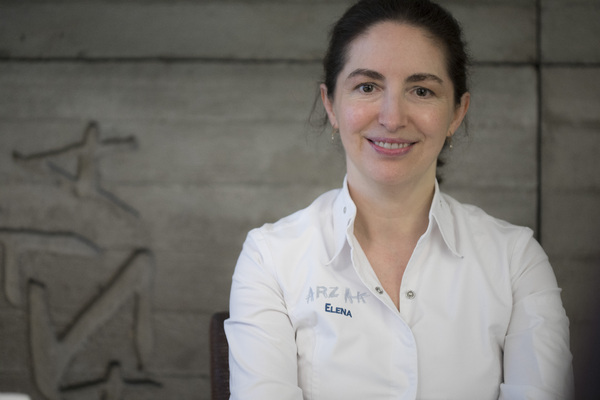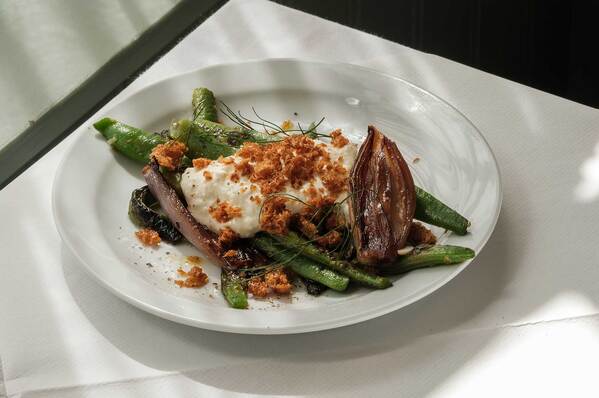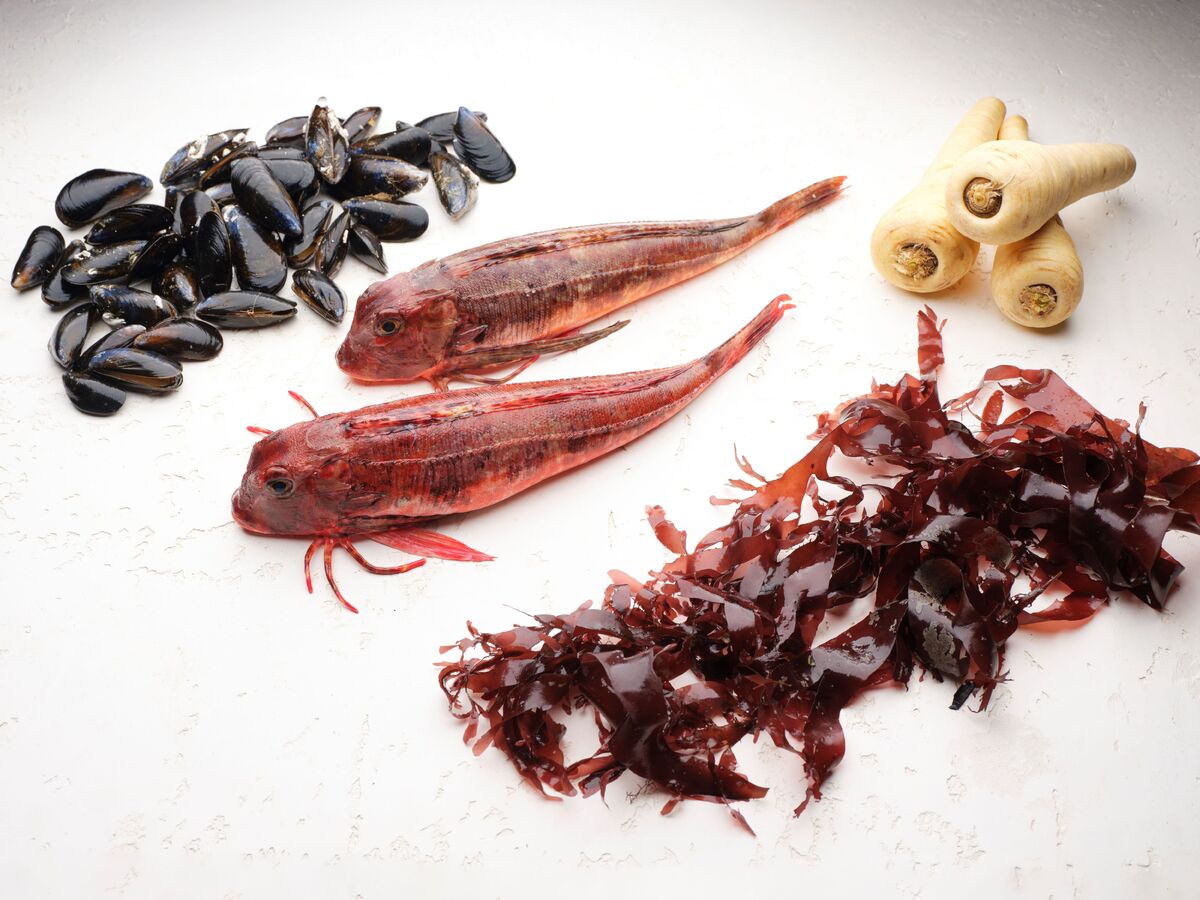Minute on the clock: Paul O'Neill, head chef at André Garrett at Cliveden House and 2013 Roux Scholar
In the week of the Roux Scholarship national final, former winner Paul O'Neill, head chef at André Garrett at Cliveden House, in Taplow, Berkshire, tells Chris Gamm what winning meant for his career and why young chefs must learn from the great chefs of the past
What impact did winning the Roux Scholarship in 2013 have on your career? I was senior sous chef at Ashdown Park at the time, and it was the first real competition I'd entered. I didn't expect to win. Now I'm head chef at Cliveden House, so it's opened up doors for me, to have the opportunity to work in one of the top properties in the country. Knowing André Garrett and being part of the Roux family is massive. I get to go to the family's events and ask for their advice.
What advice have they given you? After I left Ashdown, I asked Michel Roux for advice about what the right move was. He said: "If you feel like there's an opportunity to take a head chef role or get a little exec in a hotel, then that's the right move. But if you feel you need a little more training and to go underneath someone, that's what you should do."
Which direction did you take? I went to Berwick Lodge, a small, privately owned five-AA-star property in Bristol. I spent three-and-a-half years there, changed it around and trebled the turnover. Then this role came up and I took over under André. I've had the opportunity to learn more from him and be a head chef in a bigger property with a much higher turnover.
How does the Roux Scholarship maintain links to classic chefs, like this year's honorary president Michel Guérard? You get that massive classic dish in the final. I recently bought Escoffier for my junior sous, Fergus Wilford, who's competing in the 2018 final. He's reading up on the classic techniques and why they are important. For the final, you're never going to know the dish. It's just focusing on those important things such as seasoning. Whenever you do anything for the Rouxs or a classic French chef, your sauce has to be good, as it brings everything together. You can have a fantastic dish, but if you don't season it correctly, it will taste average.
How do you share your knowledge with younger chefs? The way the industry is at the moment, it's massively hard. It's so important to be spreading the knowledge and helping them, and focusing their ideas into believing in themselves and what we do and why we do it. It's all well and good producing one amazing dish, but it's about consistency and making sure everything is right and at the same standard, whether it's a salad for room service or a dish for the à la carte. I'm trying to motivate them to be consistent about everything they produce, and making sure they have the right tools to do their job.
Like what? Giving them the right recipes and making sure they understand why something's on a dish. It's understanding why each element is on there; you've got to have texture, sweet, sour, salty, crisp and soft.
How do you motivate them to learn from the great chefs that came before them? It is hard. Chefs just want to chuck everything in the water bath, because that's the modern way, or burn everything with a blowtorch. It's what they see everyone do. It's about getting them to understand why we use certain techniques and why you need to cook certain meats or fish in a pan. It's about getting that full understanding of your ingredients, and once you've got it, you can treat them with enough respect to cook them.


















